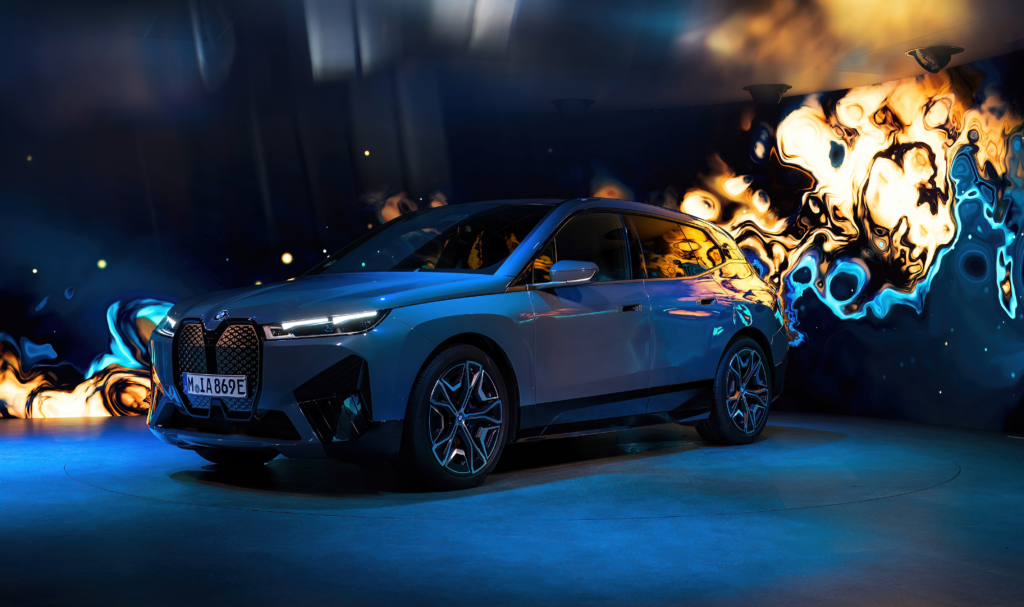
Hybrid cars have emerged as a compelling solution in the automotive industry, combining the benefits of gasoline engines with electric motors to create vehicles that are efficient, environmentally friendly, and practical for everyday use. This article explores the advantages of hybrid cars, their technological innovations, and why they represent the best of both worlds for modern drivers.

Efficiency and Environmental Benefits
One of the primary advantages of hybrid cars is their superior fuel efficiency. By harnessing both gasoline engines and electric motors, hybrids optimize fuel consumption and reduce emissions compared to traditional internal combustion engine (ICE) vehicles. The electric motor assists the gasoline engine during acceleration and at lower speeds, thereby conserving fuel and reducing the vehicle’s carbon footprint.
Hybrid cars also employ regenerative braking technology, which converts kinetic energy into electricity to recharge the battery. This innovative feature not only enhances energy efficiency but also extends the driving range of hybrid vehicles. As a result, drivers benefit from reduced fuel costs and fewer trips to the gas station, making hybrids a cost-effective option over the long term.
Versatility and Performance

Hybrid cars offer a seamless transition between electric and gasoline power, providing drivers with the flexibility to switch between modes based on driving conditions. In urban settings, where stop-and-go traffic is common, hybrids can operate on electric power alone, producing zero emissions and minimizing noise pollution. On highways or during high-speed driving, the gasoline engine engages to provide additional power and maintain efficiency.
The integration of electric motors enhances the overall performance of hybrid cars, offering instant torque for smooth acceleration and responsive handling. This combination of electric and gasoline power results in a driving experience that is both dynamic and efficient, appealing to drivers who prioritize performance without compromising on fuel economy.
Reduced Environmental Impact
Hybrid cars contribute to a cleaner environment by reducing greenhouse gas emissions and air pollutants. The combination of electric propulsion and efficient gasoline engines results in lower CO2 emissions compared to conventional vehicles. This reduction in emissions helps mitigate climate change and improve air quality, particularly in urban areas where pollution levels are often higher.
Furthermore, hybrid technology serves as a bridge to fully electric vehicles, encouraging the adoption of sustainable transportation solutions. As battery technology continues to evolve and charging infrastructure expands, hybrid cars pave the way for a future where electric mobility becomes mainstream.
Cost Savings and Incentives
While hybrid cars may have a higher initial purchase price than traditional gasoline-powered vehicles, they offer significant savings over time. Lower fuel costs, reduced maintenance expenses, and potential tax incentives or rebates from government programs can offset the upfront investment. Many countries and regions also offer incentives to encourage the purchase of hybrid and electric vehicles, such as access to carpool lanes, reduced registration fees, and exemptions from congestion charges.
The improved reliability and longevity of hybrid drivetrains contribute to lower maintenance costs compared to conventional vehicles. With fewer moving parts and less wear on the engine, hybrid cars require fewer repairs and replacements, resulting in additional savings for owners.
Technological Innovations
Hybrid cars continue to evolve with advancements in technology and engineering. Automakers are investing in research and development to enhance battery efficiency, increase electric range, and improve overall performance. Innovations such as plug-in hybrid electric vehicles (PHEVs), which offer extended electric-only driving ranges, provide consumers with more options to suit their driving needs and preferences.
Additionally, hybrid vehicles are equipped with advanced features such as regenerative braking, energy management systems, and hybrid-specific driving modes. These technologies optimize efficiency, enhance driving dynamics, and improve overall vehicle control and safety.
Conclusion
Hybrid cars represent the best of both worlds by combining the efficiency of electric propulsion with the range and convenience of gasoline engines. They offer drivers a versatile and environmentally responsible transportation solution without compromising on performance or practicality. As consumer demand for sustainable mobility grows and technology continues to advance, hybrid cars are poised to play a crucial role in shaping the future of automotive innovation. Embracing hybrid technology not only benefits drivers but also contributes to a cleaner and more sustainable planet for future generations.






